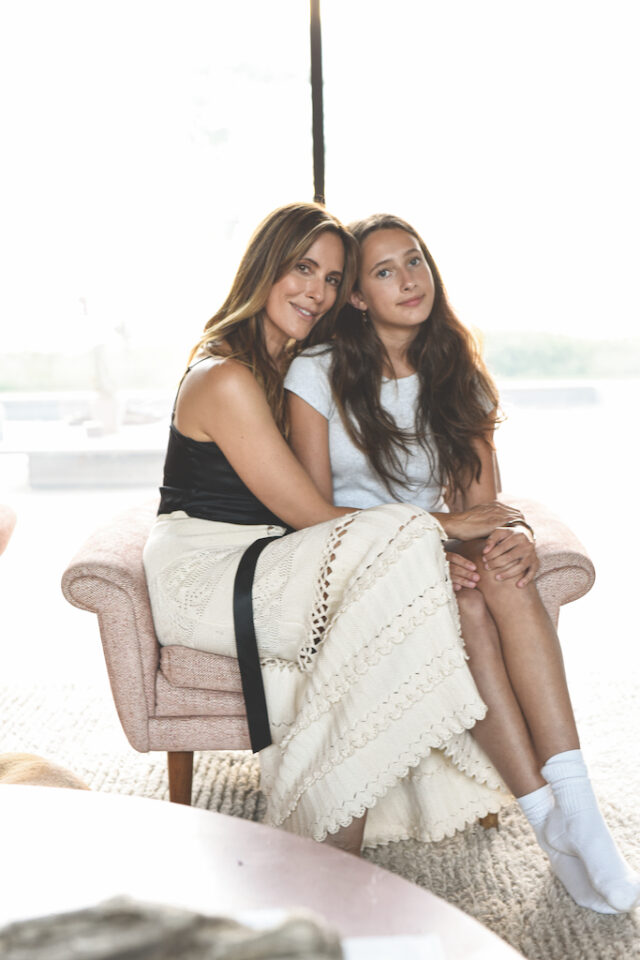
Out with the old…in with the old (ancient wisdom)—a Purist mantra. Following the rule of nature at this point in civilization should be a basic instinct. Known as the Dao, the foundation of Chinese philosophy, this fundamental rule is to change ourselves as nature changes. Hence the old adage attributed to the Greek philosopher Heraclitus: The only constant in life is change. But to live by this rule, we must maintain harmony with all things—a balancing act, indeed.
This is so beautifully explained in the ancient treatise The Yellow Emperor’s Classic of Medicine, a guide to the nature of health, healing and the natural harmony between three primary parts: heaven (sun, sky, air, wind, snow, rain), earth (ocean, mountains, trees, food, animals) and us humans in the middle. We cannot live without the elements of heaven and earth, so we must constantly seek balance with the two. It is the complex mechanics of the body within that aligns with this need for balance without. Both require harmony to function optimally. In the Yellow book, within our bodies are the five main organs, subsidiary organs and blood that flows through vessels that must align with qi, or the invisible air that flows through our bodies. Just like the earth’s air that’s everywhere, connecting everything, changing everything, this vital life force or energy is the key to our physical existence and our good health.
As in Chinese medicine and acupuncture, qi flows in the meridians, just as blood flows in the veins. The synergistic movement of the two allows for an interchangeable and interdependent exchange of yin and yang—balance. This universal principle is simple: There are two sides to everything, positive and negative, light and dark, hot and cold, Eastern and Western, and the two make a whole. Health is a constant balance, a changing of the body’s physical state within itself and within its environment.
We need only look at our place in the balance and order of things to not only understand that ultimately change is constant, but that it is up to our own interpretation. While we don’t have a lot of control over what happens, we can control our open-mindfulness—how we feel, react, and what it all means to us, as the great Viktor Frankl conveyed in Man’s Search for Meaning.
Wishing you all meaningful harmony in this quarter century of a new year.






